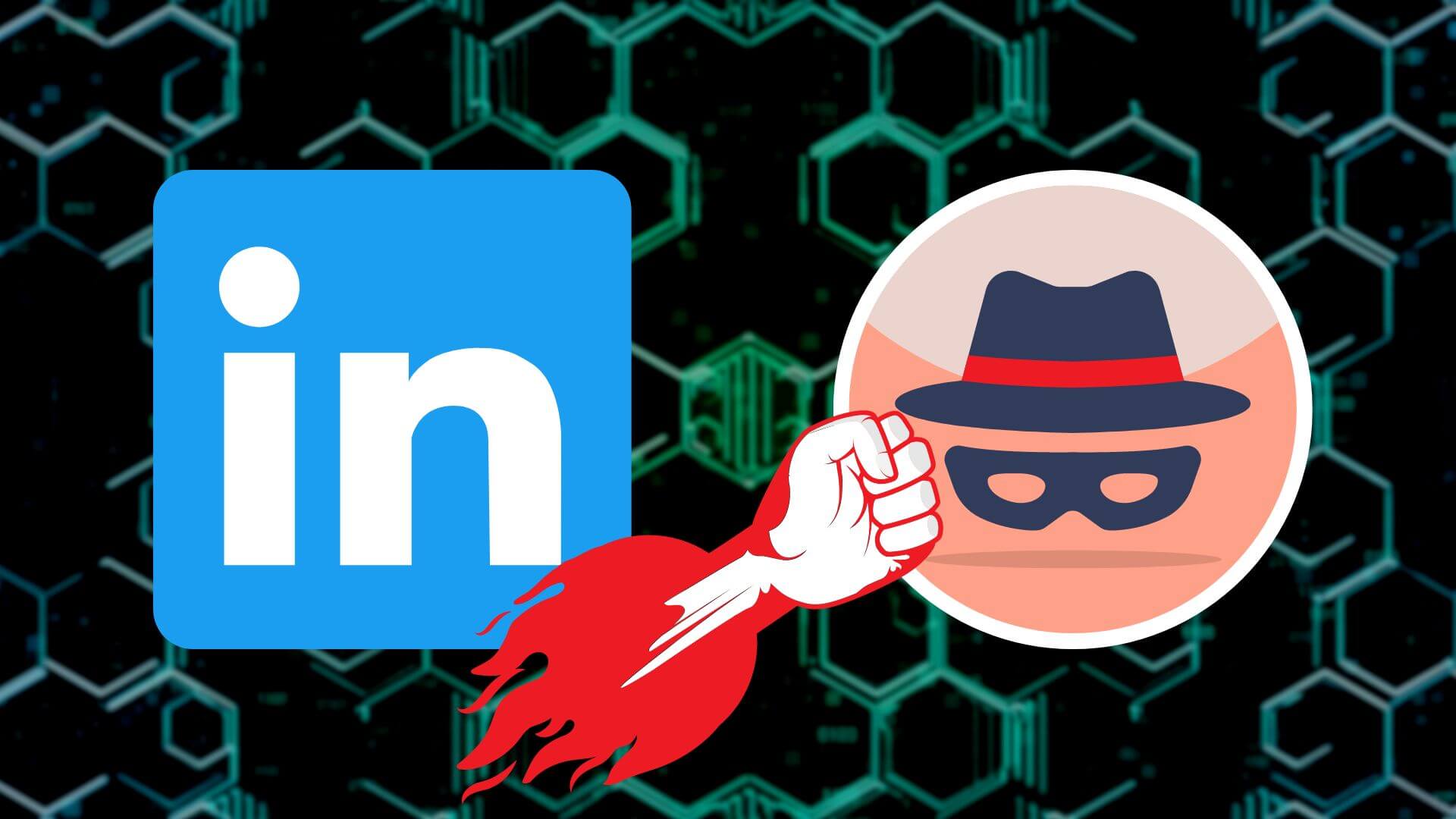LinkedIn plans to roll out new authentication features in the upcoming months to combat the issue of fraudulent accounts.
The professional networking platform is ideal for connecting with other business professionals and discovering new job opportunities, employees, and prospects.
However, the platform's popularity has led to a surge in fake profiles, which scammers create for nefarious purposes.
Automated accounts have been appearing across LinkedIn, spamming users, luring genuine members into downloading malicious software, and deceiving them into sharing personal information.
LinkedIn stores a wealth of user data, such as employment history, contact information, professional interests, and workplaces – all valuable information that criminals could exploit.
Identifying these fraudulent accounts can be challenging. They often use realistic images (sometimes AI-generated deep fakes), appear to be associated with legitimate businesses, and have profiles meticulously crafted to resemble authentic users.
LinkedIn will implement enhanced account verification methods to address this issue in the coming months.
Microsoft, LinkedIn's parent company, collaborates with the secure identity platform Clear to authenticate accounts using work email addresses, government-issued identification, and phone numbers.
The feature will initially be tested in the United States, and if successful, it is likely to be expanded to other regions in the following months.
Once users provide the necessary information, their accounts will be marked with a verification badge, similar to those on Twitter. However, LinkedIn will offer this verification service at no cost, unlike Twitter.
We will keep you informed of any updates regarding this matter. In the meantime, if you require assistance securing all your online accounts, feel free to reach out.
